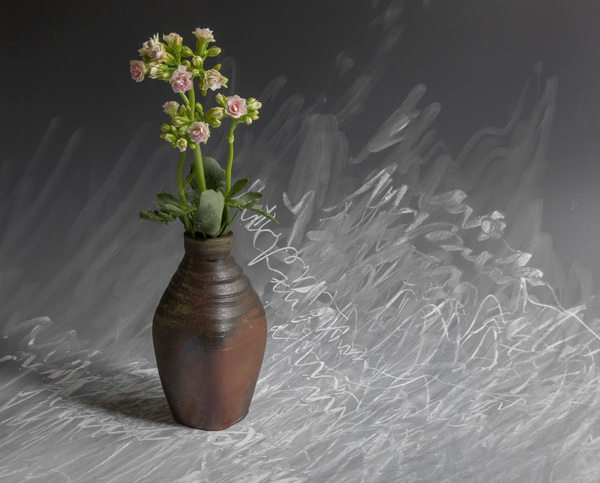Maxine Kumin wrote a poem about using the newspaper as compost in her garden, taking the paper and reading the news as she covered it with mulch between the rows of broccoli and corn. It was an act of digesting and knowing and letting go of the weight of AIDS, suicide bombings, and tsunamis. The newspaper held heartbreak and stained her fingers black, but she fed her emotions and knowledge to the earthworms. It was as if her daily tending of her garden was also the daily tending of her poetry. I learned from that model. Writing my bits, collaging words with my drawings and letting the embryo of my understanding of poetry germinate in the unclaimed eggshell of the compost. These practices taught my unquiet spirit. The mix of garden, parenting, making pots, drawing and writing became my life. They became my practice, my path forward. Kumin's poems were her life. I loved the idea that she was stealing from her own life to make her poems. I also appreciated their autobiographical character because she was the same age as my mother who was also writing poems but I could read Kumin with a dispassionate distance. I could have empathy for her parents' death or her children finding their own lives without the tangled emotions of my own family's patterns.
"After the next revolution
it rained melancholy, it is still raining
in the poets garden. But they are planting
and busy white moths flutter
at random along orderly rows,
a trillion eggs in their ovipositors
waiting to hatch into green loopers
with fearsome jaws"
it rained melancholy, it is still raining
in the poets garden. But they are planting
and busy white moths flutter
at random along orderly rows,
a trillion eggs in their ovipositors
waiting to hatch into green loopers
with fearsome jaws"
--from The Poets' Garden by Maxine Kumin

Leave a comment